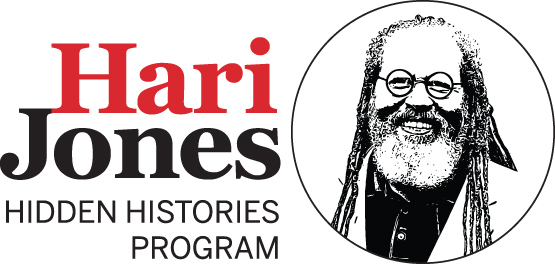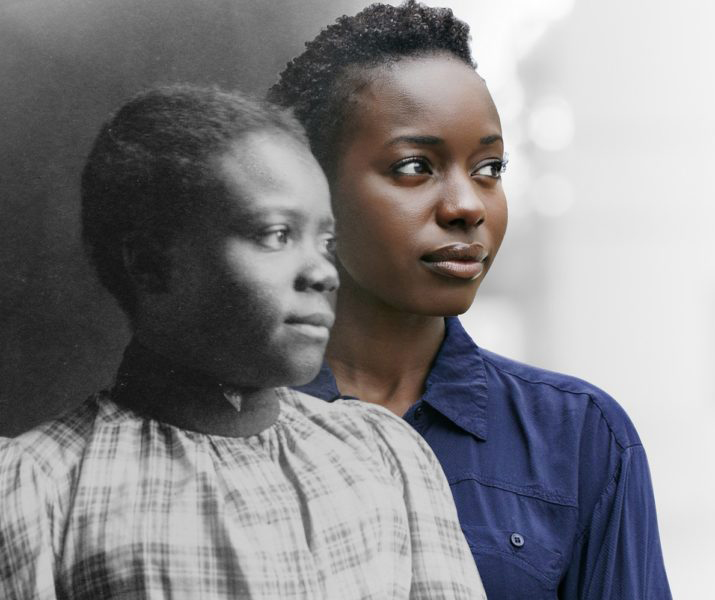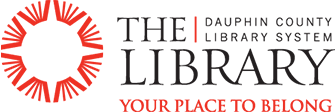 As the search for racial and social justice becomes embedded in our culture, a deeper understanding of local history holds the key to understanding where we’ve been and where we’re going.
As the search for racial and social justice becomes embedded in our culture, a deeper understanding of local history holds the key to understanding where we’ve been and where we’re going.
The Library has emerged as a keeper of memories, documentation, and thought-provoking resources in this climate. This month’s Hari Jones Hidden Histories Program brings the growing array of genealogy resources to people beginning the search for their ancestors.
Plus, the McCormick Riverfront Library-Haldeman Haly House expansion, supported in part through public donations made through the Your Place to Belong campaign, brings local history to the forefront as a tool for sparking community dialogue and insight.
Hari Jones Hidden Histories Program: Find your ancestry
 The Hari Jones Hidden Histories Program Series presented “Introduction to Genealogy Resources” on October 12 through Zoom. The virtual program is available as a recording on The Library’s YouTube channel.
The Hari Jones Hidden Histories Program Series presented “Introduction to Genealogy Resources” on October 12 through Zoom. The virtual program is available as a recording on The Library’s YouTube channel.
Genealogy help is one of The Library’s most-requested services, and this program introduces novices to the rich resources available at The Library.
“When I have conversations about genealogy, people say that they want to learn but don’t know where to start,” says Information Services Assistant Lynette Palmer, whose passion for genealogy has made her The Library’s go-to authority. “We have a lot of materials in our local history collection that people don’t know about.”
As Palmer notes, many genealogy resources aren’t online, so The Library can help fill the gaps with local newspapers on microfilm (remember microfilm?), city directories, early church records, and obituaries. Extensive collections of books and pamphlets on local history at the McCormick Riverfront, East Shore Area, and Elizabethville Area libraries open windows into the lives of area people and communities.
During the Hidden Histories Program, Palmer pointed participants to free online resources and shared tips for starting the journey. Social media offers access to groups searching for shared ancestry, she notes.
“A big piece of doing genealogy is connecting with other people,” Palmer says. “What’s online is a small chunk of what’s out there. Not everybody has the money or the time to travel across the country to visit courthouses and churches. As more material is digitized and available, you’re able to connect little pieces that would have taken forever, or you may not have ever found.”
Interest in Black history and genealogy is growing, adds Palmer, and The Library is keeping pace. The Hari Jones Hidden Histories Collection and Program Series honors the late Harold “Hari” Jones, who served on the National Civil War Museum’s board. He also gave presentations for The Library and other institutions on the importance of using primary documents to approach the study of history from a fact base.
“As things become available and our collection adds more items, African American history is higher on the radar than it ever was before,” says Palmer. “In the last couple of years, more books have been written on how to do genealogy specifically for Black Americans or those who don’t have a clear history. As we continue to move forward, the resources will get better and better. With the recent interest in diversity, equity, and inclusion, we’re expanding the focus not just through The Library but nationwide.”
A Place for connecting: The Library’s local history collection
Welcome to a place where you can sit, explore the corners of local history, discover Harrisburg’s unheralded giants of civil rights, and find all the other sites that house information on your interests.
Visitors to the restored Haldeman-Haly House will be able to find information about our region’s contributions to critical moments in U.S. history, as well as a compendium of additional resources from throughout Pennsylvania and the nation.
“You can get local history going to any library, but you have to piece those resources together,” says Public Services Director Lori Milach. “Our local history collection and resources at the Haldeman-Haly House is not just about what we have but what we can get for you.”
The collection includes The Library’s T. Morris Chester archives. The Harrisburg native broke ground in the mid-19th century as a civil rights advocate, journalist, renowned orator, recruiter for Black Union Army regiments, and advocate for the study of Black history.
Researchers will find Chester’s writings and documents relating to his life, while they will also have access to curated lists of Chester-related resources in other archives. A “memory box” could display samples of Chester’s writings and newspaper clippings “so visitors can get a more intimate look at who this man was,” says Milach.
The remodeled space will also house the Harrisburg Past Players, whose troupe brings to life the region’s historical advocates for the rights of women, Black people, and others.
The troupe’s leader, arts activist Lenwood Sloan, is partnering with The Library to curate its resources, including materials relating to Harrisburg’s storied Old 8th Ward and the lives of its residents.
“To have those greater conversations, especially surrounding social justice, it’s important to understand where we were before,” says Milach. “Where did we come from? Where did these conversations start, and why is this a systemic issue? You can’t understand the systemic issues unless you understand the history surrounding them.”



